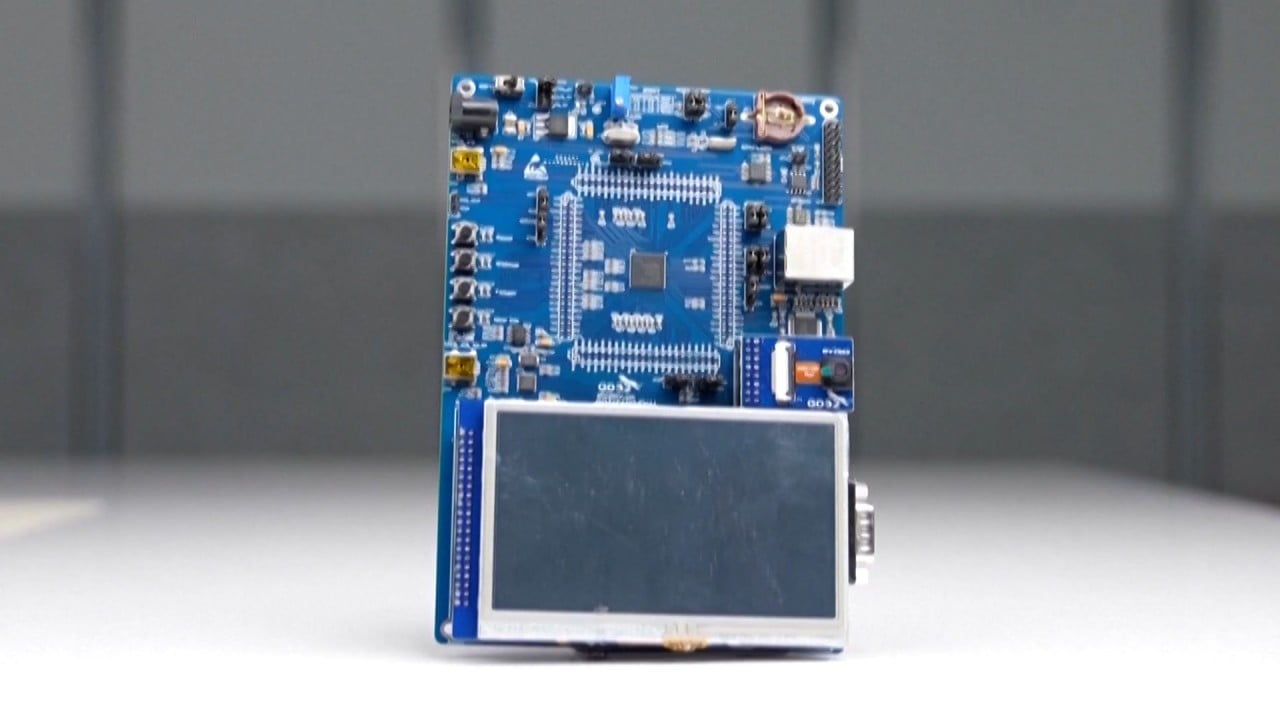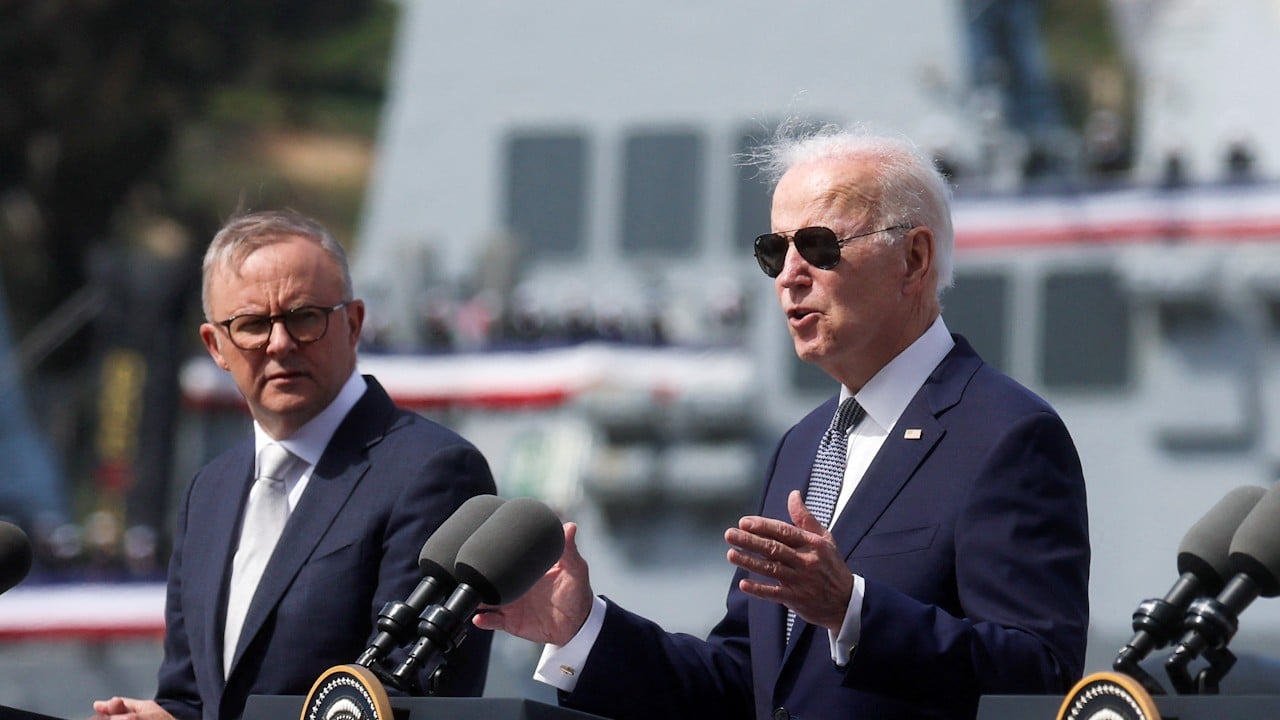
As Biden eyes re-election, how stable is his doctrine?
- Despite its contradictions, US Treasury Secretary Janet Yellen’s speech in April affirmed at least four tenets of the American president’s doctrine
- However, in the run-up to the 2024 election, the moorings of Biden’s policy approach may prove less deeply anchored than suggested now
Whether this and other tenets espoused by his administration constitute a “doctrine” – a cohesive, principles-based approach to world politics that specifies goals, projects values and shows bearing – is up for fair debate.
Yellen asserted that securing the US, its allies and partners, while protecting human rights, is paramount. “The United States will never compromise on our security or principles,” she said. This was an odd message for a Treasury secretary to deliver, one that the secretary of state or defence would usually have been dispatched to do. It’s apparent she will lead rapprochement with Beijing.
However, she pledged that the US will continue to counter China’s “ambitious” and “aggressive” industrial policy with initiatives to ensure access to global markets and to remain competitive. The world is big enough, she said, for vigorous competition between the superpowers. The US has no interest in creating a zero-sum game.
Equivocation is standard fare for diplomats and economists. Many listening to Yellen invariably found words confirming their views. An olive branch for Beijing, some said. A promise to put America first, others thought. Yet, at times, her speech had confusing signposts.
Most puzzling was her statement that “national security actions are not designed for us to gain a competitive economic advantage, or stifle China’s economic and technological modernisation”. But, indeed, Biden’s rescue plan for the semiconductor industry is just that: widening the US lead in innovation and manufacturing while deploying trade barriers that block Beijing from accessing semiconductor technologies that would strengthen China’s defence.
That said, Yellen’s speech affirmed four tenets of a Biden doctrine.
Economic interests equal national security interests. Each objective depends on the other. Policies must embrace both simultaneously, especially since defence systems rely on multipurpose technologies. The chip that runs a cellphone could also pilot drones. Sharing hardware and software risks hacking and espionage.
Mercantilism trumps market failures. Biden will subsidise industries considered fundamental to prosperity. In his view, American workers suffered greatly from trade deals that moved jobs overseas to bolster corporate profits. The labour force is key to Biden’s victory; he must rally them in what promises to be a tight electoral race.
US-China chip war: history shows that mercantilism is no solution
Trade restraints are appropriate to advance national interests. Biden’s view embraces a cardinal feature of the anarchical society of nation-states: instincts of self-preservation supplant proven benefits of free, open trade. Biden will engineer exceptions to the “open, fair and rules-based global economy” that Yellen praises.
Beyond the Yellen speech, the administration’s other statements and actions suggest three other tenets.
The world isn’t flat. In a world divided into superpowers, would-be superpowers, emerging markets and developing countries, realpolitik prevails. Diplomacy must be calibrated specifically to countries, regions and alliances.
Allies matter but those bonds are not handcuffs. The invasion of Ukraine underscored the necessity of close ties with allies and the need to share burdens. Yet, the last two years show inevitable compromises, from the submarine deal to the Chips and Science Act.
In the run-up to November 2024, we’ll see how re-election politics torque these tenets into other principles. Wins on the world stage do not necessarily yield votes. But fears of an unstable world order can worsen disapproval ratings. Over time, the moorings of Biden’s doctrine may prove to be less deeply anchored than the administration’s rhetoric and actions now suggest.
James David Spellman, a graduate of Oxford University, is principal of Strategic Communications LLC, a consulting firm based in Washington, DC



